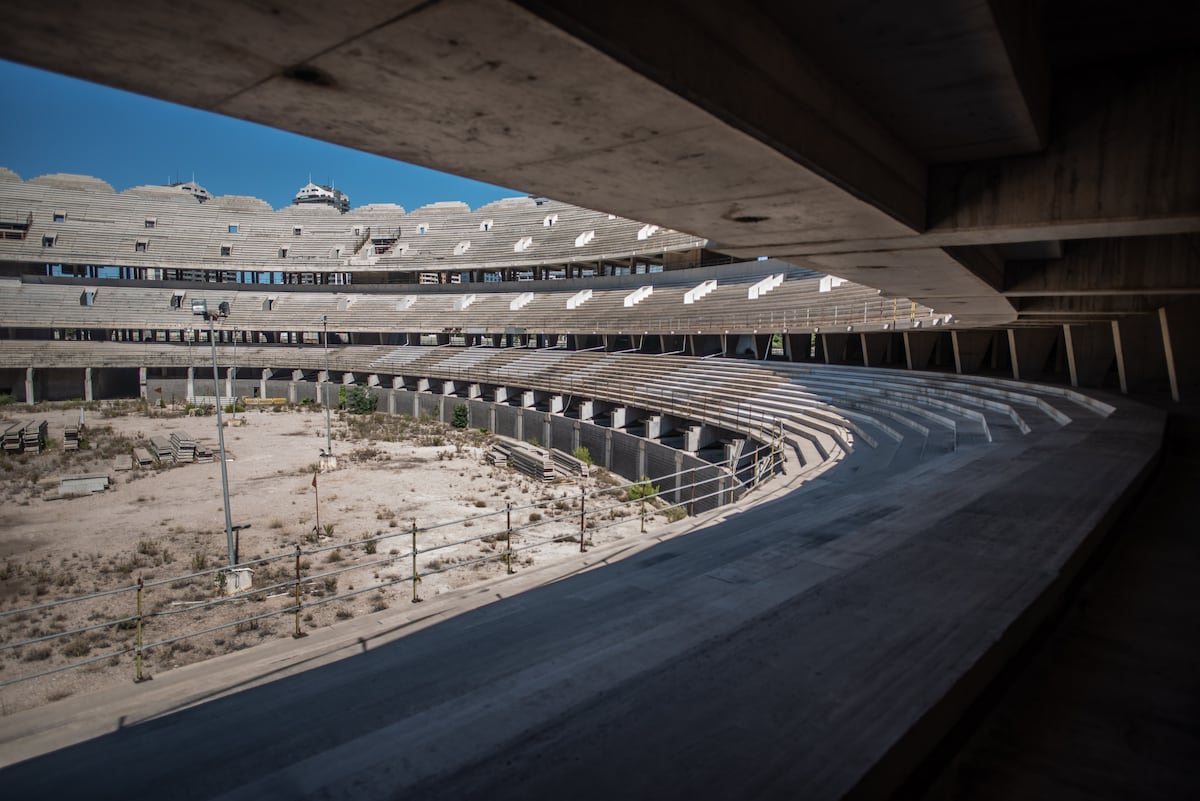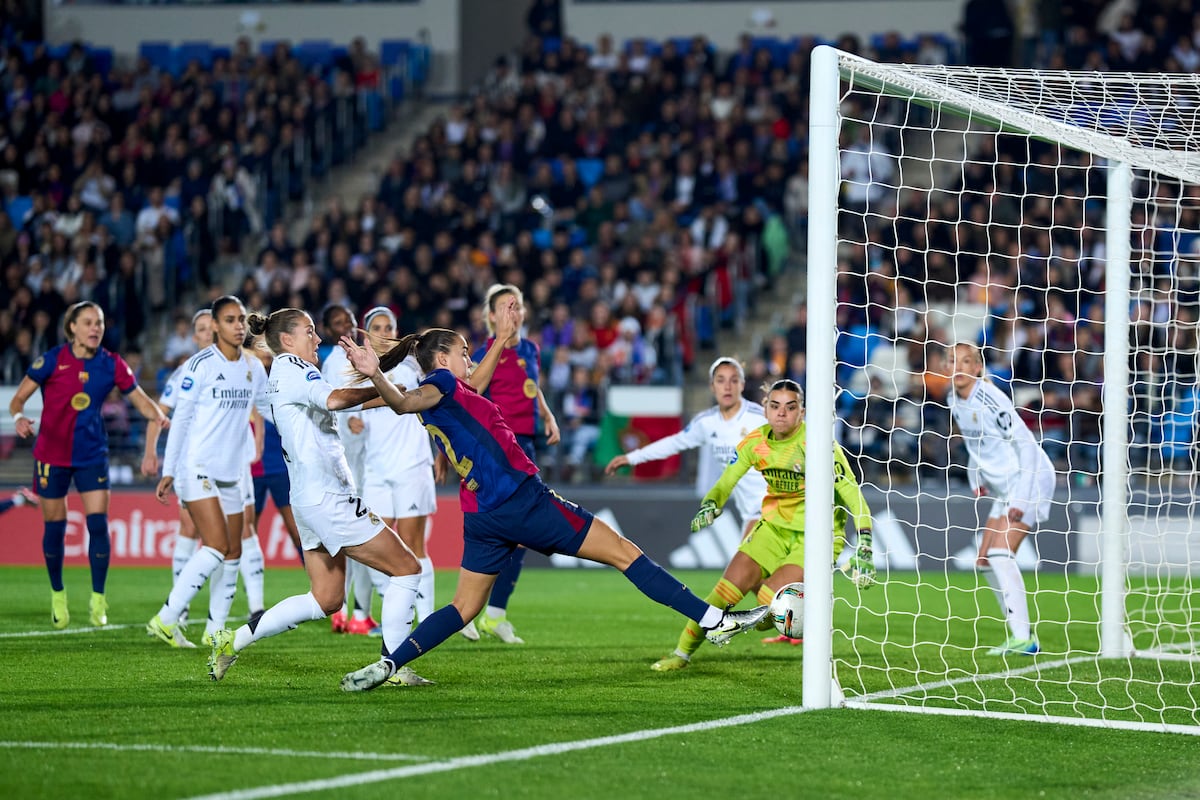The catastrophe that has struck the province of Valencia has renewed interest in some circles in intensifying efforts to ensure that the capital of that autonomous community is not left out of the distribution of venues for the 2030 World Cup. Of course, today today is not the biggest problem and it may even be inappropriate to refer to it these days. Football does not provide solutions, much less those of the enormous level that the community faces, but it does provide joy, and to some extent consolation. Hosting the 2030 World Cup would represent an economic and image boost; On the other hand, being left out would only increase the general pessimism and despondency.
Right now he’s a foot and a half out. In the first instance, Spain has proposed eleven stadiums in eight cities (Madrid and Barcelona have two fields each, the others are Bilbao, Seville, Zaragoza, San Sebastián, Málaga, La Coruña and Gran Canaria) among which Valencia does not count. Why is the third city in the country, with a long football tradition, home of the group in which Spain played in the 1982 World Cup, left out? Well, because it doesn’t have an adequate stadium. Neither does Zaragoza, but it is building a new one. Other candidates have enabling reforms planned for the case.
Secondly, Spain requested two more venues, for Valencia and Vigo. In the case of Valencia, which concerns us now, the old Mestalla is discarded as obsolete, and the new one, started 17 years ago and stopped 15 years ago, is a skeleton exposed to the elements.
The problem is that finishing it depends in principle on its owner, Peter Lim, a man from Singapore who does not appear here, who has repeatedly failed to fulfill his commitment to finish it and who is unapproachable for the city’s representatives. Nothing is known about him, no one knows what he thinks about Valencia, one of his many investments, and from what it seems, not the favorite.
Finishing the stadium is your business. It is estimated that the cost would be between 170 and 190 million. To do this, it has the 83 from the CVC fund obtained by Tebas for LaLiga, which have that finalist character. In addition, 30 million are available to him for tertiary use of the plot adjacent to the new stadium, which he will be able to activate when he fulfills the agreement to build it, and also then he will be able to sell the plot of the old Mestalla, the value of which is supposed to complete the amount required to complete the field.
The latest agreement between the city and Peter Lim sets the deadline for the start of works to be January 12. The authorities view two recent movements with optimism: the renegotiation of the club’s debt with Goldman Sachs and the contacts with the Atitlan fund with a view to their resumption. Lay Hoon, the president, also from Singapore but present in the city very frequently, and the corporate general director, Javier Solís, convey optimistic impressions. They both travel from time to time to Singapore to discuss club affairs with Peter Lim, who makes the decisions.
The fear is that in the face of the blow that the 2030 World Cup would mean for Valencia to pass by, Peter Lim will limit himself to resuming the works with CVC money and then put the institutions in the position of contributing financially to the completion, and thus take advantage then in whole or in part the income from the plots to reduce debt or improve the workforce. Given the enormity of tasks imposed by the disaster, of absolute priority, that would be implementable. But the secretive and distant owner might think that the terror of losing the World Cup works in his favor.
FIFA will meet on December 11 to decide on the venues. Why would I give Spain one or two more? Let’s remember that Vigo is also pending. In Valencia there is a vague hope that some of those on the first list will fall due to the impossibility of completing the required reform, but it is not easy. In addition, Portugal, with three headquarters, and Morocco with six, which would aspire to more, are vigilant.
The distribution of venues has caught Valencia on the wrong foot, with no suitable stadium. Hope is the last thing that is lost, but it is not easy.








